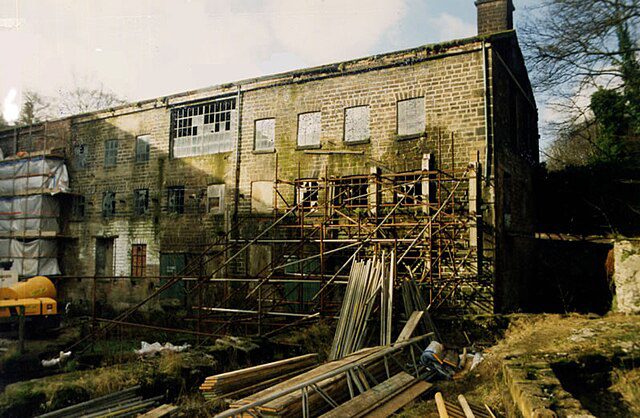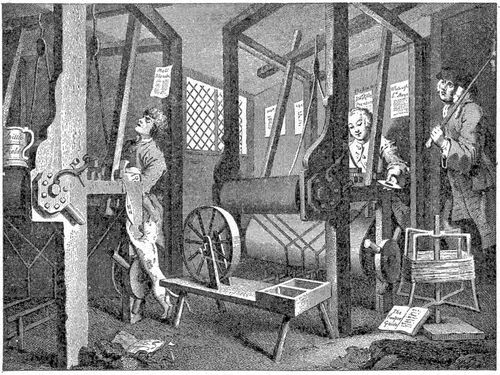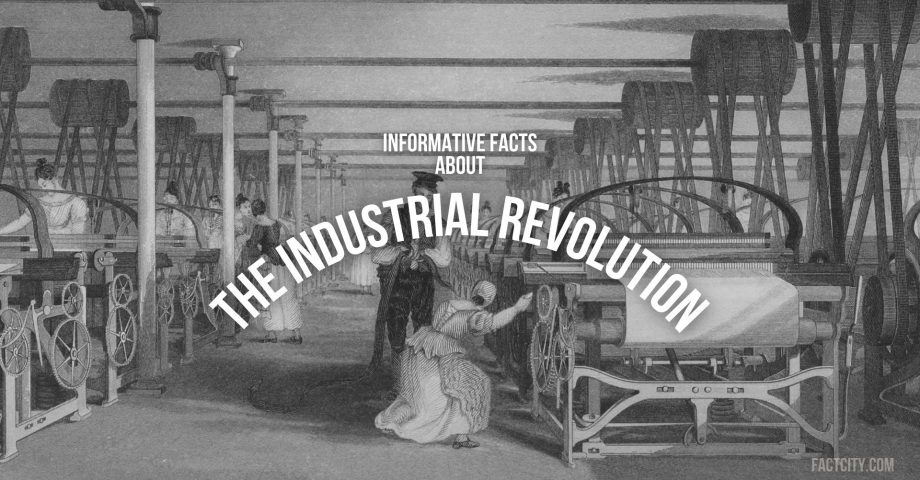8 Informative Facts about the Industrial Revolution
The Industrial Revolution was one of the most important periods of human history – even going back thousands of years! This brief period between around 1733 and 1913 saw the world move away from traditional handicraft toward manufacturing via machinery. Specifically, the term Industrial Revolution refers to a period during which the UK’s economy evolved significantly, between the years of 1760 and 1840. However, the global economy benefited! Here are some fun facts about the Industrial Revolution you might want to remember.
1. It was a period of new materials, new energy sources, and new inventions.
The Industrial Revolution was an exciting period of change for millions. It not only saw people moving more toward iron and steel, but also toward new sources of energy – the dawn of petroleum and the steam engine, for example, are both huge moments in the Revolution.
2. The UK is said to have kicked things off.
Many people refer to the Industrial Revolution with Britain in mind, and for good reason. It was the UK that led the way thanks to its incredible economic lead at the time, and its investment in coal mines and engine development helped them become even more of a superpower. Of course, there are developed nations all over the world that compete more healthily with Britain in the modern age, but for a time, they led the way.
3. The very first factory opened in Derbyshire, England, in 1771.
What’s believed to be the very first factory of its kind, Cromford’s water mill, in Derbyshire, England, is still visible today, albeit not in its complete state. It originally ran with the power of 200 people working 12-hour shifts to cover the day and night. The mill is now protected thanks to the intervention of UNESCO’s Heritage List.

Cromford’s water mill
4. The Industrial Revolution focused on replacing human labor with machinery.
Similarly to the debate raging over artificial intelligence in the modern age, the Industrial Revolution saw manual labor in many cases making way for machine support. For example, mass production was now possible thanks to automated processes that could take care of work instead.
5. The Industrial Revolution helped relieve animals of duty, too.
It’s thought that machinery that arose in the Industrial Revolution also helped to take animal labor away, too. For example, consider how much horses were used to help with farming and transport over the centuries. We can now look back and thank the Industrial Revolution’s greatest inventors for paving the way for tractors and other farm machines.
6. Not all moments during the Industrial Revolution were positive.
For all the Industrial Revolution was an overwhelmingly positive time period, there were significant downsides. For example, early manufacturing caused heavy pollution, and workers’ lives were put at risk. What’s more, many people living in poverty were forced to endure horrible conditions.
7. The Industrial Revolution gave rise to the Luddites.
The Luddites were, essentially, protestors against the Industrial Revolution. The Revolution had removed the need for several manual jobs, meaning many livelihoods were wiped out as a result. Luddites resisted the changes the Revolution brought by means of mass protest, violence, and sabotage.
8. The Industrial Revolution also gave rise to a form of capitalism.
It’s also thought the Industrial Revolution helped to set up a more capitalist economy, particularly in Britain. The changes brought about during the Revolution meant that people who owned factories became more “important” to the economy than merchants – meaning the balance of wealth shifted, some say irreversibly.

FAQs about the Industrial Revolution
What were some of the biggest effects of the Industrial Revolution?
The Industrial Revolution brought about huge changes to the development of urban areas, with cities growing massively during the period. However, it was in many ways a negative period for workers, who experienced poor working conditions.
What were some of the negative effects of the Industrial Revolution?
Beyond poor working conditions, the Industrial Revolution also severely polluted built-up areas, and reportedly led to diminished life expectancy for many people.
Was the Industrial Revolution generally good?
The Industrial Revolution was generally a force for good thanks to improved working efficiency and transportation, however, it led to serious health problems and living conditions for many.
Further reading
https://factcity.com/tag/History
https://www.investopedia.com/ask/answers/072815/what-are-some-drawbacks-industrialization.asp
https://www.history.com/topics/industrial-revolution/industrial-revolution
Do you know any interesting facts about the Industrial Revolution? Share them in the comments section below!
This page was last modified on January 19, 2024. Suggest an edit









